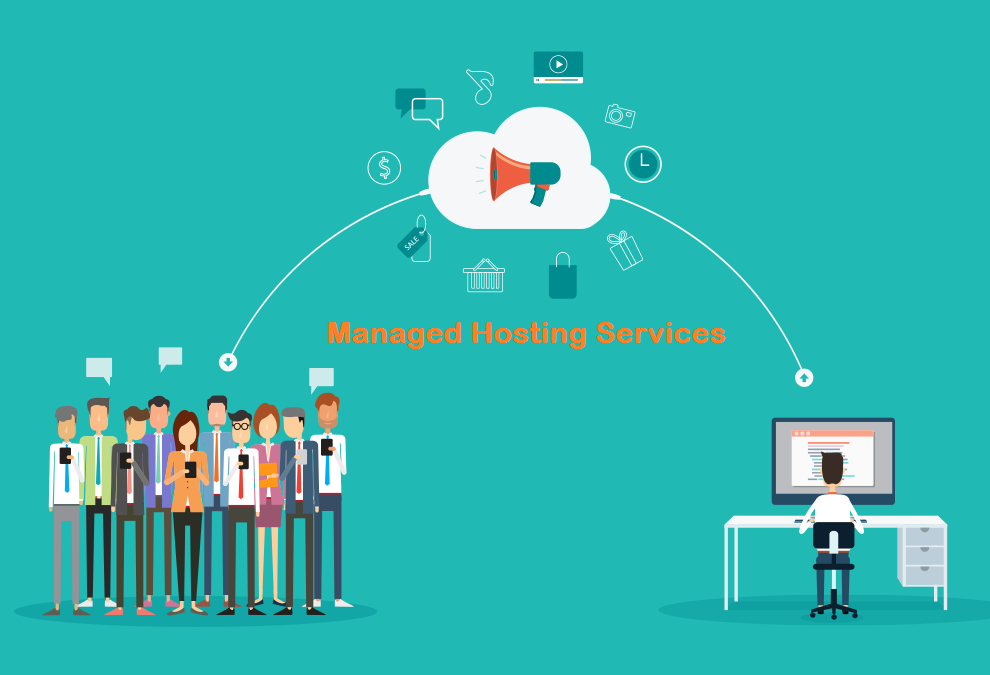According to TechGenix, it is estimated that 78 percent of all small businesses will adopt cloud technologies by the year 2020. This estimation makes sense when you consider the cost savings that small- and medium-sized businesses (SMBs) find after they move to the cloud. As the popularity of cloud computing with SMBs grows, so does the interest in Amazon Web Services (AWS) as a cloud provider. This is expected as AWS remains the dominant force in the market, even when compared to heavyweights like Microsoft and Google.


.jpg)








